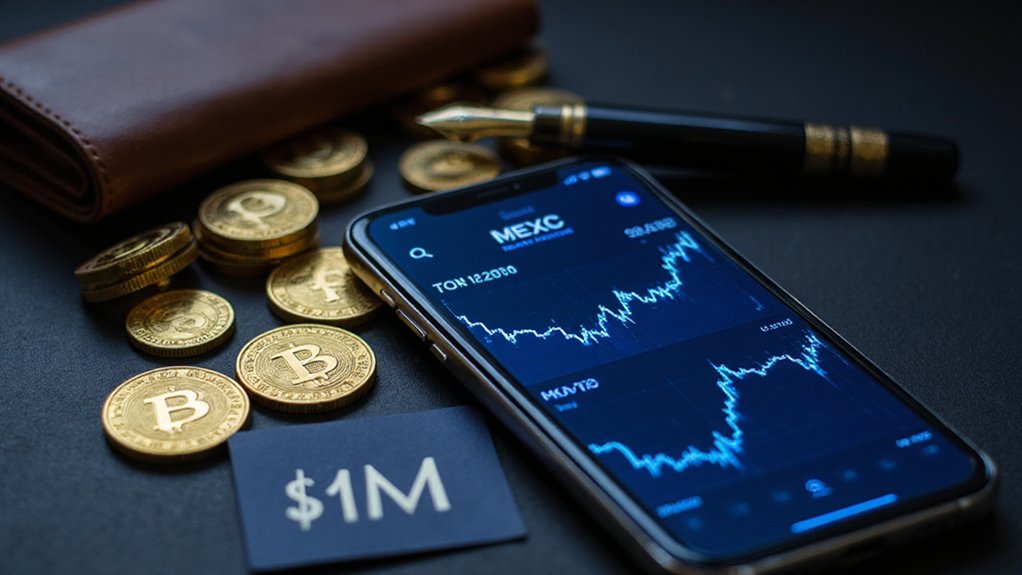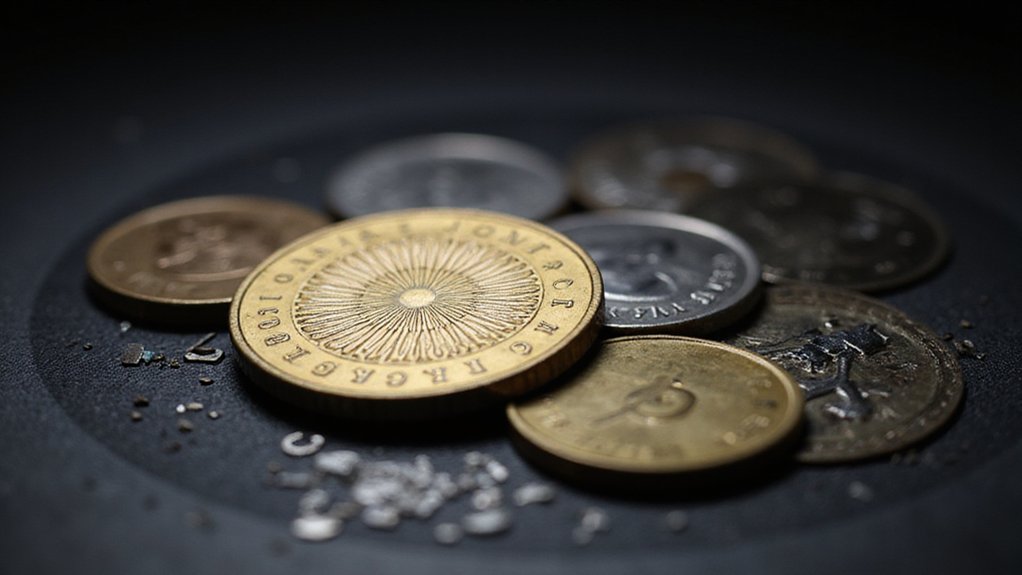After years of positioning itself as a formidable player in the retail trading arena, eToro has officially made its public market debut, pricing its shares at $52—a figure that not only exceeded the initial expected range of $46-$50 but also signals remarkable investor confidence in the Israel-based trading platform. The IPO, which saw the company list on Nasdaq under the ticker symbol ETOR, was reportedly oversubscribed tenfold, compelling underwriters to close the order book earlier than anticipated—a phenomenon that hasn’t exactly been commonplace in recent fintech offerings.
The trading platform offered nearly 12 million Class A common shares, evenly split between newly issued stock and existing shareholder liquidations. This structure netted the company approximately $310 million in fresh capital while simultaneously allowing early backers to cash in another $310 million—a tidy arrangement that managed to satisfy both corporate ambitions and investor exit strategies without triggering the usual anxieties about insider selling.
With a valuation of $4.2 billion—surpassing even the upper bound of its initial prospectus estimates—eToro’s successful listing may serve as a litmus test for the fintech IPO market. The Wednesday public debut represents a significant milestone for both the company and the broader IPO landscape. Investors eager to track eToro’s performance alongside their existing cryptocurrency portfolios can utilize platforms offering real-time monitoring capabilities across multiple asset classes. Underwriters, including the usual suspects of Goldman Sachs, Jefferies, and UBS, retain the option to purchase an additional 1.8 million shares, potentially injecting another $93 million into the equation.
The company, originally founded in 2007 and known primarily for its commission-free trades and social trading features, delayed its public filing from March until May 2025, citing market volatility—a prudent hesitation that seems to have paid dividends, quite literally. The IPO was initially temporarily shelved due to tariff uncertainty before moving forward with its successful offering. eToro’s customer base remains primarily European (70%), distinguishing it from U.S.-centric competitors like Robinhood.
Trading commenced on May 14, with final closing expected the following day. The robust pricing and enthusiastic reception suggest that despite recent market turbulence, investors remain hungry for established fintech platforms with international footprints—particularly those offering exposure to both traditional securities and cryptocurrency markets.









